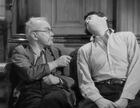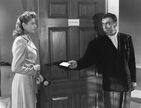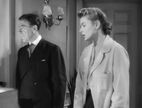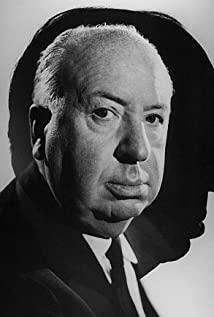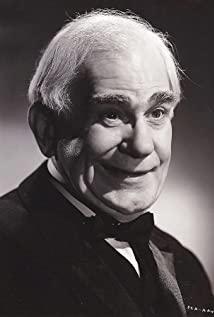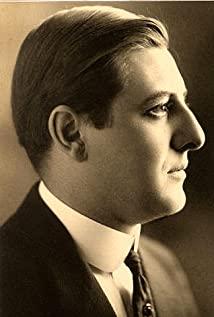The film starts the reasoning with the female patient's scratches - a detective-style reasoning around the line trajectory.
The female doctor, who has always been accompanied by books, was hit hard by love, but the purest love was reflected in her. When she learned that the man in front of her was not the real "Dr. Edward", she had no fear and still loved him, she loved him. This mysterious Dr.X, and nothing else.
For most of the film, this irrational female doctor is excusing her lover, using the name of psychoanalysis to perform hypnotic suggestions and increase and change the reality of memory. In the end, the dynamic conclusion of the dream was rushed, but what followed was two happy reversals. In general, the movie is very enjoyable to watch, especially at the end, the logic is very smooth.
There is not a lot of psychoanalysis in the film, but there are quite a few legends about psychoanalysis: at the beginning, Shakespeare's "mistakes do not come from our planet, but from ourselves" alludes to the subjectivity of this analysis, the subjectivity of disease, both times. The interpretation of dreams is quite mocking; behind mental illness, there must be deep childhood memories, which is very old-fashioned; it should not be so easy to create false memories for patients; psychiatrists are detectives, and they are sick themselves. This is not too outrageous.
View more about Spellbound reviews



